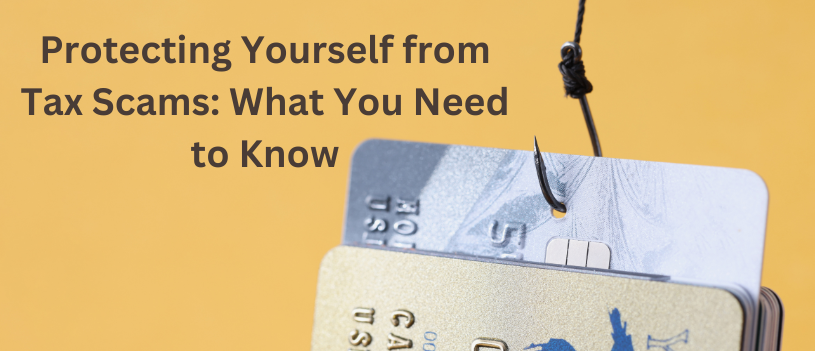Tax scams are not only on the rise but have become a thriving business for fraudsters, with millions, if not billions of dollars at stake. In this article, we aim to enlighten you about the current tax scams and offer guidance on protecting yourself from becoming a victim of these fraudulent schemes.
Without delving into specific scam stories, it’s essential to recognize that tax scams can target anyone, including tax preparers themselves. It’s vital to stay informed and remain vigilant in order to safeguard your financial well-being.
Recently, one of the most alarming scams involved a seven-digit Employee Retention Credit scam, which illustrates the boldness of these criminals. It’s essential to know how to help victims recover from such scams.
Tax professionals, such as certified public accountants and Enrolled Agents, have witnessed clients falling prey to scams. These scams can range from elaborate ruses involving overseas payments to phone calls from impostors claiming to be the IRS. In these situations, the victims’ losses can be devastating.
Essential tips to protect yourself and your loved ones from tax scams
- Beware of Unsolicited Contacts: The IRS will never initiate contact via unsolicited phone calls, emails, or text messages. If you receive such communication, be cautious.
- Verify IRS Communications: If you receive a call or email claiming to be from the IRS, contact them directly through their official channels to verify the communication’s legitimacy.
- Question Unusual Requests: If you’re asked to send money, especially to an overseas account, for any reason related to taxes, it’s imperative to investigate thoroughly before taking any action.
- Stay Informed: Scammers continually evolve their tactics. Stay informed about current scams by following IRS warnings and alerts.
- Consult a Professional: If you’re unsure about the legitimacy of a tax-related request or notice, reach out to a qualified tax professional for guidance.
- Educate Yourself: Learn to recognize the warning signs of scams, including incorrect grammar, unusual language, and threats of immediate action.
The IRS is committed to battling tax-related scams, but it’s equally important for individuals to protect themselves. Scammers are relentless, and the best defense is a well-informed, cautious approach.
Additionally, businesses and individuals should implement cybersecurity best practices, such as multi-factor authentication, security awareness training, and robust monitoring systems, to mitigate the risk of falling victim to scams.
Staying vigilant, informed, and taking appropriate precautions, can significantly reduce the chances of becoming a victim of tax scams. Your financial security is worth the effort.
